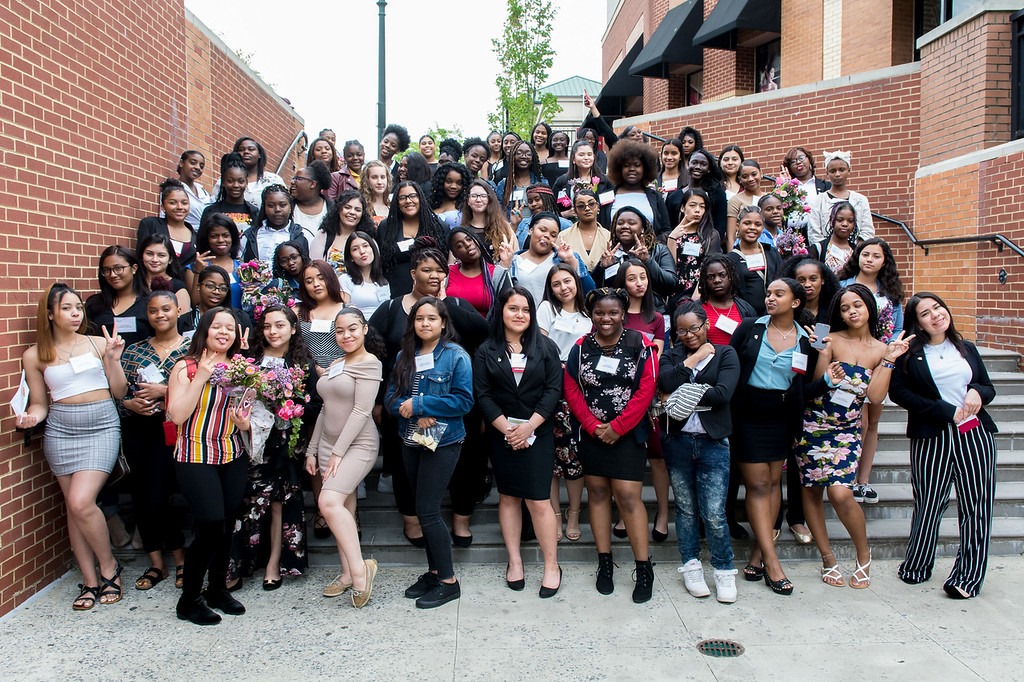One year ago, I posted the question, “Who does home care fall on?” I warned that COVID-19’s abrupt impact on home dynamics was falling disproportionately on girls, and particularly, girls of color in vulnerable communities.
Now, after one year in the shadow of a virus, the data is in: the pandemic has had a devastating toll on women. Some experts have referred to this as the “Care Economy,” “Pink pandemic” and “She-cession” because women have borne the brunt of the crisis by nearly every measure. The gender inequities that existed prior to the pandemic have worsened.
Our teens were not immune to the impacts of the virus either.
We recently conducted a needs and impact assessment with the more than 400 teens that we serve in the District and Montgomery County. Not only are they still struggling in the unequal balance of schoolwork and home, but it’s also causing them to question their futures.
Caregiving responsibilities are one of the biggest stressors on girls. Nearly 40% of the girls we surveyed reported difficulties managing their time with schoolwork. They have to navigate being students, children, siblings and caretakers in crowded home environments. The stress and competing needs led to 42% reporting that they are not sleeping at night because of worry and anxiety, and 55% being concerned about their futures.
Important progress is being made towards recovery, however, returning to normal would be a grave mistake. Now is the time to chart a new and equitable path for girls. To do so, we must look holistically and be brutally honest about their new normal and what they need to succeed.
For example, we recently partnered with NARAL Pro-Choice Maryland, to testify and successfully pass HB 00401 Educational Equity for Pregnant, Expectant, and Parenting Students, in the Maryland House. Among other provisions, the bill requires schools designate private lactation spaces that are not bathrooms or closests, determine an amended attendance policy for parents, and assist and advise in identifying safe, affordable, and reliable child care services–all of which contribute to educational success of teens.
Future plans, programs, and policies for girls must center new caregiving responsibilities, include scaled up investment in care infrastructure, and address the trauma that they’ve experienced so that young girls can fully participate in recovery. Furthermore, we must invest in and listen to groups, organizations, and leaders that specialize in culturally competent care, especially those that work directly with Black, Indigenous, and communities of color.
Like many of us, girls have risen to the occasion, despite the hardships, because their friends, families, and communities required them to. It’s on us to make sure that they don’t slip through the cracks.
Siobhan Davenport is President and CEO of Crittenton Services of Greater Washington and has more than 16 years of experience working with youth that face structural barriers. With her leadership, CSGW launched its Declare Equity Initiative, focused on the inequities that girls of color face in schools through D.C. Metropolitan Area.



